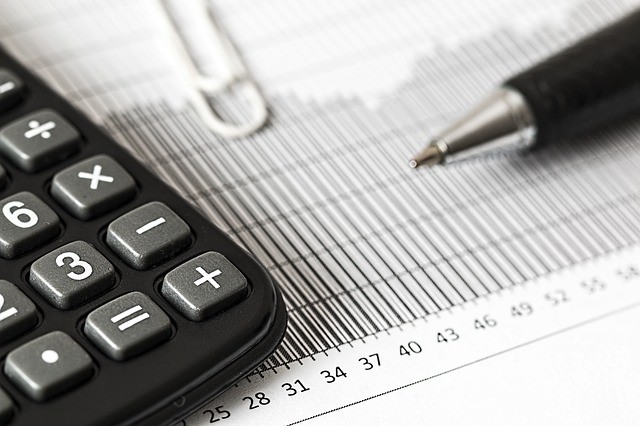Who Pays Property Taxes on Rent to Own?
August 14, 2017 by Marty Orefice | Financing, Rent to Own

In a normal renting situation the owner obviously pays the property taxes. However, when you're renting to own, it becomes ambiguous who the owner actually is.
The buyer is living in the home and is expected to be the owner soon. The owner and the buyer have agreed to make that deal with each other.
It's kind of like a state of limbo. You're in the between stage of being a renter and an owner.
Who Pays What?
So, what creates all the curiosity about who pays property taxes in rent to own?
Technically, the seller is still the owner of the home. And because of that technicality, the seller pays the property taxes until you have officially purchased the home.
Until you close on the property the property still belongs to the seller. Until you've paid for the home in cash or paid your down payment to your lender and worked out the mortgage details the property still belongs to the seller.
This technicality plays a role in fees other than taxes too. The seller has to pay for insurance on the property because you're not the homeowner yet, so, how could you pay home owner's insurance?
However, you'll have to purchase renter's insurance to cover your own possessions in the property because you do own your own possessions.
The seller also pays for Home Owner's Association Fees because, again, the seller is the owner of the home.
When it comes to repairs, you and the seller need to split them up in the contract.
You pay for minor repairs (i.e. repairs that cost less than $200) The seller pays for major repairs like roof repair or A/C repair.
Put Everything in the Contract
The situation described above is the way it should be. In most cases, it is the way it will work out too. However, you should specify all of it in your contract.
While it is how it should be, it could result in an argument between you and the seller.
It's better to have it in writing upfront so that there is no debate.
By the same token, it's important to read through the entire contract because the seller could put a clause inside about you paying property taxes and other fees usually designated to homeowners.
Basically, regardless of what protocol is, the contract is binding. As a buyer, you should aim to ensure the contract states what the typical protocol is.
As a seller, you could try to circumvent paying property taxes and other fees typically assigned to the actual homeowner.
However, a buyer who knows what the normal protocol is will not agree lightly. You will probably have to make other types of compromises in contract negotiation.
Additionally, it isn't necessarily in the seller's best interest. If property taxes go unpaid while the seller still owns the home, the seller will face the consequences – not the buyer.
A lien could be placed on the home and it will be the seller's responsibility to take care of the lien.
Calculating Insurance by Stevepb is licensed under CC0.
